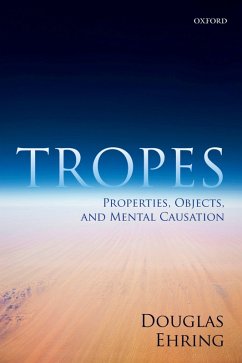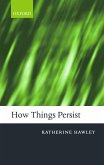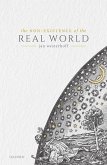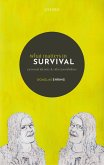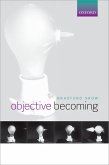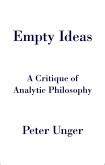Properties and objects are everywhere. We cannot take a step without walking into them; we cannot construct a theory in science without referring to them. Given their ubiquitous character, one might think that there would be a standard metaphysical account of properties and objects, but they remain a philosophical mystery. Douglas Ehring presents a defense of tropes--properties and relations understood as particulars--and of trope bundle theory as the best accounts of properties and objects, and advocates a specific brand of trope nominalism, Natural Class Trope Nominalism. This position rejects the existence of universals, and holds that the nature of each individual trope is determined by its membership in various natural classes of tropes (in contrast with the view that a trope's nature is logically prior to those class memberships). The first part of the book provides a general introduction and defense of tropes and trope bundle theory. Ehring demonstrates that there are tropes and indicates some of the things that tropes can do for us metaphysically, including helping to solve the problems of mental causation, while remaining neutral between different theories of tropes. In the second part he offers a more specific defense of Natural Class Trope Nominalism, and provides a full analysis of what a trope is.
Dieser Download kann aus rechtlichen Gründen nur mit Rechnungsadresse in A, B, BG, CY, CZ, D, DK, EW, E, FIN, F, GR, HR, H, IRL, I, LT, L, LR, M, NL, PL, P, R, S, SLO, SK ausgeliefert werden.

